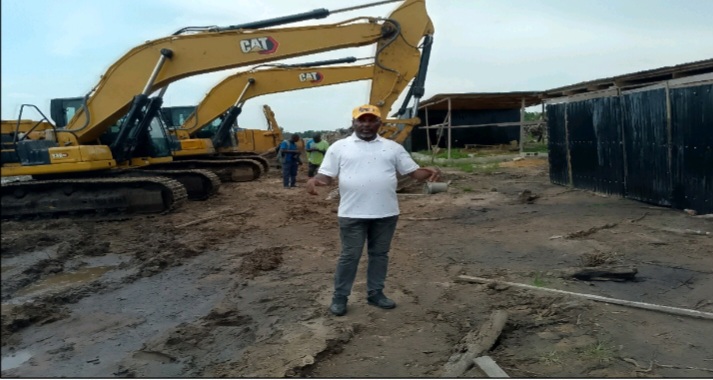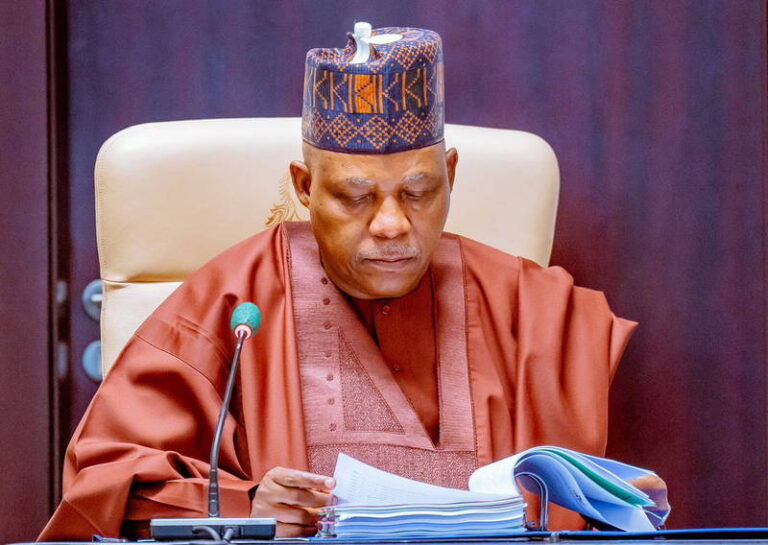
The Delta State Commissioner for the Directorate of Riverine Infrastructure Development (DRID), Chief Ebikeme Clark has inspected key on-going projects in some riverine communities in the state.
The inspection covered the 1.72- kilometre access road to the Maritime University, Okerenkoko and the Oporoza Model Secondary school, both in Gbaramatu kingdom, Warri South West Local Government Area.
The Commissioner was accompanied by engineers, architects and directors from the Directorate on the project inspection tour.
Chief Clark said the Directorate is committed to rapid and sustainable development in riverine communities in line with Governor Sheriff Oborevwori’s MORE Renewed Hope agenda.
At the Oporoza model secondary school site, Chief Clark commended the contractor for mobilizing fully and providing the required building materials on ground.
He noted that the availability of materials show that the Governor is serious about developing riverine areas and praised Oborevwori as a leader who keeps his promises.
During the inspection of the 1.72- kilometre access road to the Maritime University, the Commissioner identified some gray areas needing correction.
He directed the contractor to address the issue promptly, insisting on strict adherence to contract specifications before his next visit.
Chief Clark warned that the Directorate would not accept substandard work, aligning with Governor Oborevwori’s zero tolerance stance on shoddy projects.
He confirmed that the two approved projects for the Communities are the construction of the access road to the Maritime University and the Oporoza Model Secondary school
The Commissioner urged riverine residents to be patient with the state government and continue supporting Governor Oborevwori for sustained development.
The youth president of Oporoza Community, Comrade Jonahson Zibinmoghan and a member of the Community, Mr Precious Ogelegbanwei thanked the governor for the projects.
They pledged continued support for Oborevwori’s administration and noted that the school would reduce the need to travel to urban areas for education.



